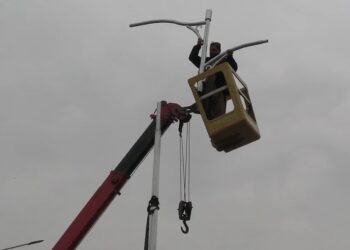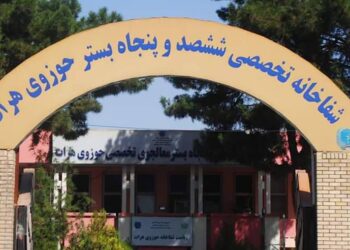The United Nations Children’s Fund (UNICEF) has disclosed the number of Afghan girls and boys deprived of primary education in its recent report.
According to the report, 60 percent of girls and 46 percent of boys are deprived of primary education based on various reasons in Afghanistan since last year.
Poor infrastructure, years of war, lack of professional teachers and proper schools have been mentioned as the main obstacles to children’s education.
The report reads: “Currently, 60 percent of girls and 46 percent of boys who have completed primary school age in Afghanistan do not have access to education. Years ago, wars and poor infrastructure made some schools unsuitable for Afghan children. Most public schools do not have adequate classrooms, professional teachers, school supplies and places where children can wash their hands.”
UNICEF representative in Afghanistan, Fran Equiza, also stressed on joint efforts to create high quality education and facilities for Afghan children.
He added: “We not only want to see every child in school; rather, we want to create continuous education, training and facilitation in both formal and informal frameworks at the community level to provide access to quality education. The learning environment should be safe and equipped with textbooks and equipment for students and teachers, which will be led by male and female professional teachers.”
The report also pointed at the donation of 10 million dollars of Japan for the education of Afghan children, based on which 71,500 children will be provided with educational opportunities.
The report reads: “Japan, through its international cooperation agency, donated 10 million US dollars to continue the education of children in Afghanistan during the education crisis. With the donation, 71500 children will have access to their education.”
Meanwhile, political experts also requested that the Interim government should soften its view regarding Afghan women and girls, so that besides positive interaction with the international community, Afghan girls and women can continue their studies and work.
The evaluation of the United Nations regarding the limited access of girls to education comes at a time when the ordinary Afghans in Kabul and the provinces are demanding the opening of schools for girls above the sixth grade and universities for female students.
















